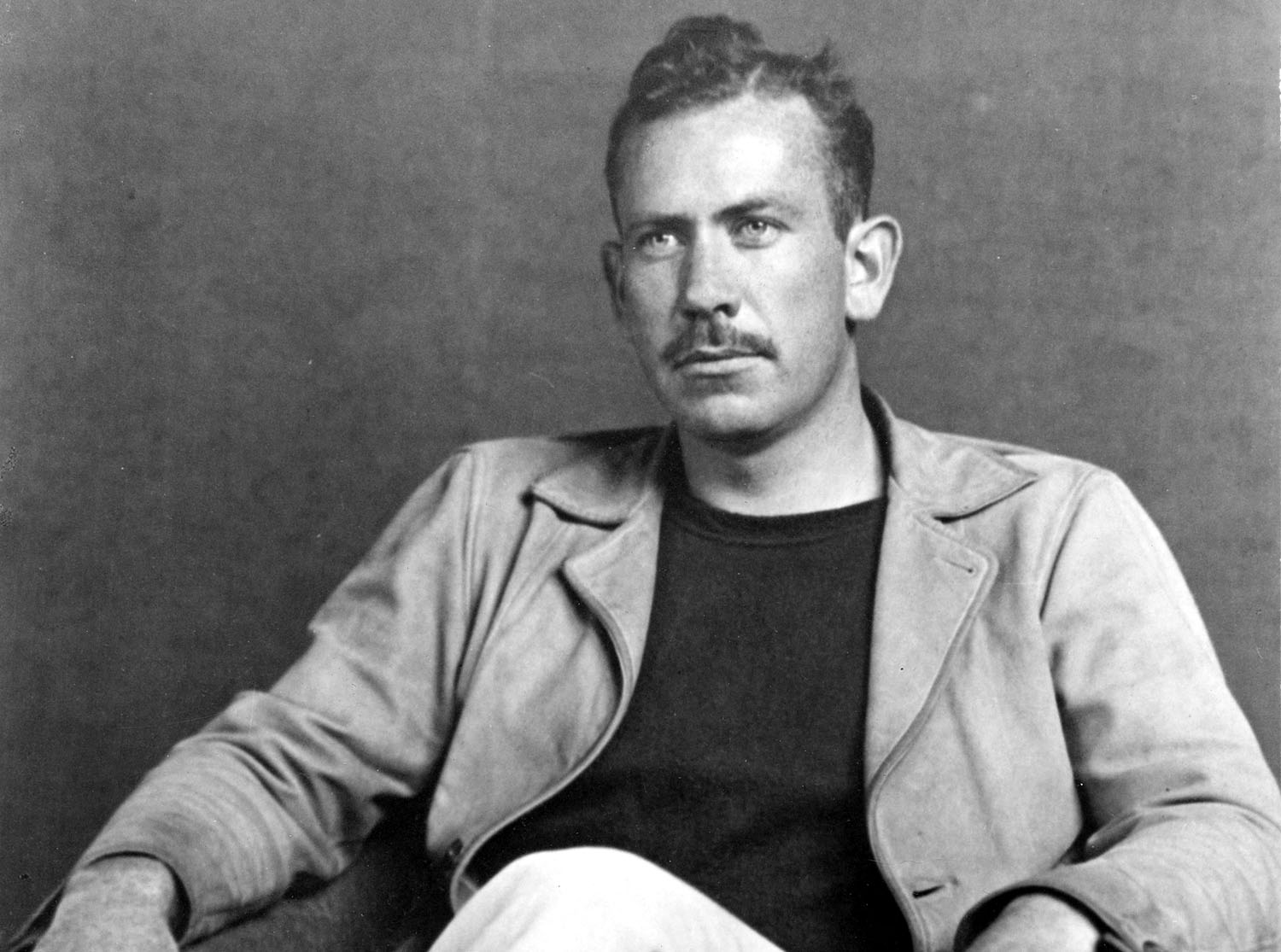John Steinbeck (1902-1968) was a Pulitzer Prize winner, a Nobel laureate, and a writing guru, whose works are still making splashes today. He was born in Salinas, dropped out of Stanford, and worked as a manual labor before becoming a huge name in the literary world.
His novel “The Grapes of Wrath,” which was considered the finest and most ambitious, depicted the migration of a family from the Oklahoma Dust Bowl to California won him the Pulitzer in 1940 and a National Book Award. In 1962, he won the Nobel Prize for Literature for his realistic and imaginative writings, which are combined with humor and keen social perception.
In the Fall 1975 issue of The Paris Review, he shared how he achieved the peak of his writing career. Here are the concise versions of what he shared.
1. Don’t let the goal of the total word length bothers you.
Start with one word, one sentence, and one paragraph. Eventually, all those paragraphs would create a section and a chapter. Don’t bother with the total word count of the book manuscript you’re writing. It can be 50,000 words or 100,000 words; every book must begin with one word.
2. Write freely and let things flow.
The first draft must flow freely. Let ideas flow without restrictions. The goal is pouring the words out and having the pages filled out. You can always revise, embellish, and edit the first draft later. Writing, after all, is rewriting.
3. You write for one person, not the masses.
Imagine your work is being read by one person, because it is. Your words only need to resonate with one person. Writing is a personal job. You touch one person’s mind and the next and the next. It’s not like being an orator who must face hundreds or even thousands of people all at the same time and expect a standing ovation. If one person smiles after reading your writing, it’s good enough. Writing touches one heart and one mind at a time.
4. You can return to the part of writing that you weren’t certain in the first place.
Don’t sweat the small stuff. In writing, if you’re not sure about a section, leave it. You’ll eventually find good words to fill in the blanks later. Your subconscious continues to work in the background while you’re typing up the following sections.
5. The part that you like the most may not fit well in the whole passage.
Sometimes we like a particular part so much that we elaborate it in super details. Too deep thinking on a certain part, while other parts are not at the same depth is not harmonious. A good writing brings harmony and flow. It takes a while to get to this advanced skill, which I’m still learning myself.
6. Read out loud what you wrote, especially dialogues.
Revisit your work again on the next day. Read it with fresh eyes. For dialogues, it would be best to be read aloud. Does it sound natural? Does it sound weird and out of place?
7. You produce the best work when you’re relaxed. So, feel free to “dawdle.”
Steinbeck took the time to replenish his energy after productive days of writing. He called it his dawdle days. Everyone, writers included, need time to relax and find time to do things that clear the mind to get ready for the next challenges. Feel free to “dawdle,” in Steinbeck’s term.
8. Clarity is everything; no confusion is allowed.
Steinbeck said, “I can take almost any amount of work, but I have little tolerance for confusion.” Clarity is the ultimate key to success. With clarity, you’d know exactly what are required to get to the destination. You’d be able to set measurable goals, select the right team members, and execute every single detail into fruition.
9. A story has to convey value and provide excellence to readers.
The best writer isn’t the one who writes the best sentences and the most impressive topics. The best writer is the one who convey the value needed at any given time for any given reader. When a piece of my writing makes a reader think, it’s good enough. If it makes him or her do something, it’s even better.
The happiest time in a writer’s life is when her words change mind. One reader at a time. And for this, I’d need to thank John Steinbeck, the Stanford drop-out who won a Pulitzer and a Nobel Prize, for his inspiring tips and exemplary works.
This is a Contributor Post. Opinions expressed here are opinions of the Contributor. Influencive does not endorse or review brands mentioned; does not and cannot investigate relationships with brands, products, and people mentioned and is up to the Contributor to disclose. Contributors, amongst other accounts and articles may be professional fee-based.

